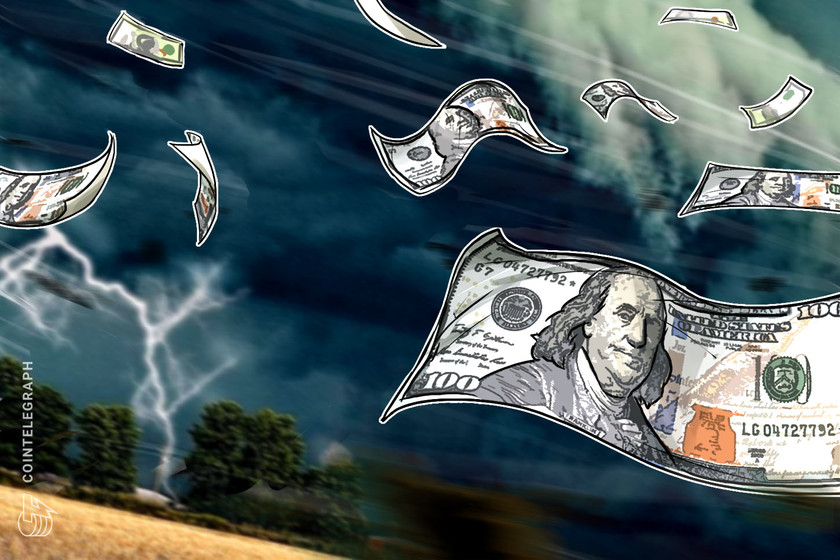Kevin O’Leary lost the $15M he was paid to be FTX’s spokesperson


Kevin O’Leary fessed up to making a massive mistake with FTX and is working to find out where his money went amid the bankruptcy.
Shark Tank star and investor Kevin O’Leary, known in some circles as Mr. Wonderful, has claimed he has all but lost the $15 million FTX paid him to be its official spokesperson.
Speaking at CNBC’s Squawk Box on Dec. 8, O’Leary outlined that after taxes, agents fees, a $1 equity investment into FTX, and buying a whole lot of crypto that’s now stuck on the FTX exchange, he’s got nothing left to show for his time with FTX:
“Total deal was just under $15 million, […] I put about $9.7 million into crypto. I think that’s what I’ve lost. It’s all at zero, I don’t know cos my account got scraped a couple of weeks ago. All the data, all the coins, everything.”
“It was not a good investment […] I don’t make good investments all the time, luckily I make more good ones than bad ones, but that was a bad one,” he added.
He will probably be just fine without the funds, however, as the 68-year-old is estimated to have a net worth of around $400 million — if such estimates are anything to go by.


Mr. Wonderful was also questioned on what initially drove him to jump on the FTX bandwagon back in August 2021, given that he previously indicated that he held back from crypto in its early days due to his own rigorous compliance standards.
In response, he essentially fessed up to making a massive error, noting “I obviously know all the institutional investors in this deal, we all look like idiots, let’s put that on the table.”
“We relied on each other’s due diligence but we also relied on another investment theme that I felt drove a lot of interest in FTX. Sam Bankman-Fried is an American, his parents are American compliance lawyers. There were no other American large exchanges to invest in if you wanted to invest in infrastructure plays,” he said.
O’Leary reiterated that he is currently working to find out where his capital on FTX actually went and how he can get it back. He also added that he has “agreed” to testify at the upcoming Senate Committee hearing set for Dec. 14.
Related: Sam Bankman-Fried misses deadline to respond to testimony request, now what?
Despite the whole debacle, O’Leary has previously said he would still have SBF on his team, and in a tweet on Dec.8, he reiterated that he is not scared off investing in entrepreneurs that have massive failures as “failure is often the best teacher.”
You invested in a fraud – not an entrepreneur
— sassal.eth (@sassal0x) December 9, 2022
During another interview with Yahoo Finance on Dec. 6, O’Leary stated that SBF should be treated as innocent until proven guilty, as he called for FTX to be audited in the wake of its collapse.
“I am of the ilk and of the group of people that says, ‘You’re innocent until proven guilty.’ That’s what I believe. And I want the facts. And so, if you tell me that you didn’t — you did or didn’t do something, I’m going to believe you until I find out it’s a falsehood,” he said.



